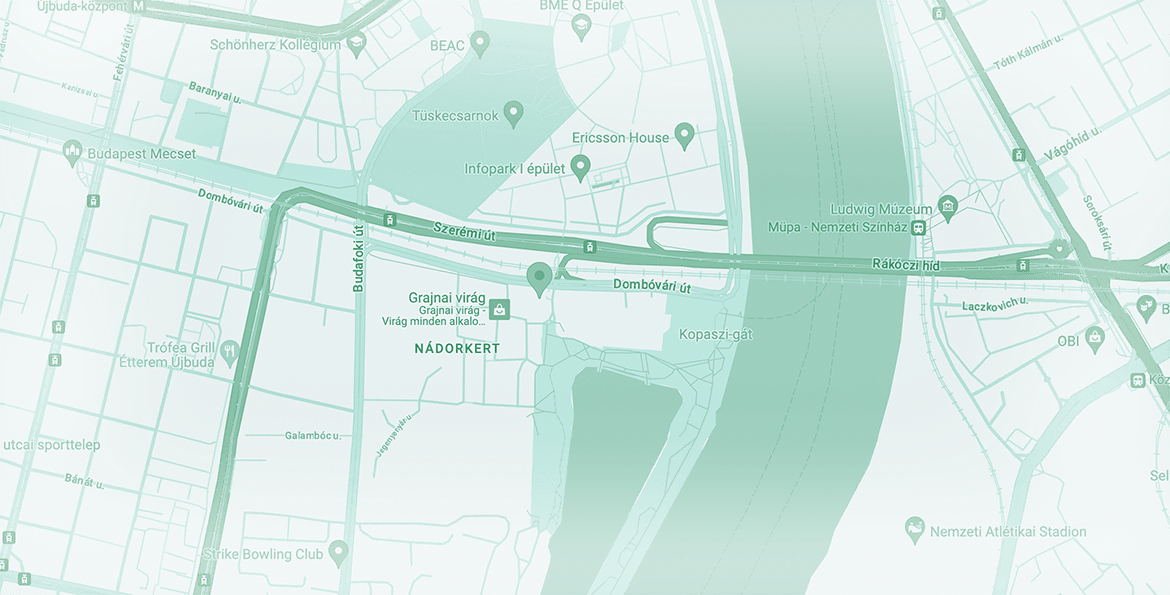
Census in Hungary in 2022 and beyond
Every ten years, there is a census in Hungary so both the government and we as a society can get a better overview of who lives here. There is a census happening right now until the end of November, and it is supposed to be the last traditional census in Hungary.
Every ten years, there is a census in Hungary so both the government and we as a society can get a better overview of who lives here. There is a census happening right now until the end of November, and it is supposed to be the last traditional census in Hungary.
UPDATE (21 November 2022): The deadline for filling in the online survey and filling the survey with a visiting data collector passed. If you have not yet filled in the survey, you can still visit your local town hall until 28 November.
Please note: Helpers is not affiliated with KSH, the government institution managing the 2022 census in Hungary. Helpers is not affiliated with KSH, the government institution managing the 2022 census in Hungary. To learn more about the census, go to the website of the census at https://nepszamlalas2022.hu/en.
Census in October and November 2022
The 2022 census in Hungary takes place from 1 October to 28 November. Data are collected in three phases:
- 1 – 19 October: online at https://nepszamlalas2022.hu/en
- 20 October – 20 November: through visiting data collectors
- 21 – 28 November: at the local town hall
During the census, both people and homes are “counted”. This means that one survey must be filled in for each person and each home. If you live in a rental in Hungary, you are supposed to fill in the survey for the property; discuss the details with your landlord.
The census is relevant for every person currently living in Hungary. This includes both adults and children, as well as foreigners who are here with a residence permit for at least 3 months, and Hungarian citizens who are spending time outside Hungary but are planning to come back soon.
The purpose of a census
A census is an important tool in long-term planning and policy making. It is relevant not only to governments, but also to non-governmental organizations, businesses, and science. Results can be used for planning development projects both in the private and the public sector. Historically, censuses were used so that those in power can survey the number of taxpayers, and the number of people available to participate in major construction project or as soldiers in wars.
Censuses throughout history
The first census we know of took place in China in 2238 B.C., but there were censuses in ancient Egypt, India, and Greece as well. Censuses in ancient Rome were already regular events every 5 years, surveying not only Roman citizens but also their immovable property and their slaves.
Throughout the Middle Ages, demographic data were not regularly collected on a national level. Most of the information comes from the local tenant lists of nobles. Later, Italian city-states and German states had censuses in the 15th and 16th centuries. The first modern census that considered every person and home, and took place over a relatively short time took place Québec, Canada in 1665; Europe followed suit only in 1749, in Finland. Censuses started to become more or less regular in the 19th century, around the same time when nation states started to stabilize.
Censuses in Hungary
The first census in Hungary took place between 1784 and 1787, during the reign of Joseph II. He was quite an innovator, even if not all his regulations stuck. After that, almost another 100 years passed before the Parliament decided that the population should be surveyed every 10 years. The first of these regular censuses took place in 1870, and the Hungarian census has been repeated in every decade ever since.
The last census in Hungary took place in 2011, and the next one was supposed to be in 2021, but it was postponed because of the pandemic. The current one in 2022 will be the last traditional census, as it is proposed that the next one will already be done by cross referencing government databases, without personal input from the population.
Data collection
As Hungary joined the European Union in 2004, data collection in Hungary must meet strict regulations concerning data management. In line with this, names are only collected to make sure everyone does participate. Once your name is marked, your data are separated from your name and they are managed in a pseudonomyzed form by the Hungarian Central Statistical Office (KSH). This way your data cannot be traced back to your person directly.
Up till now, data collection was based on individual input from Hungarian residents. Online data submission is available since the last census in 2011, and it was already very popular then: about 19% of the population provided their data that way. This year over 7 million people have filled out the online survey, so more than two thirds of the population. The next census, however, will be based on data available in government databases instead of individual data submission, which is in line with the practice in many other EU member states.
Do you need to participate?
Even if you are a Hungarian citizen, you do not necessarily have to participate in the survey. As stated above, you must submit your data only if you are currently living in Hungary, or have lived here in the recent past and are planning to return soon (so you are not staying away from Hungary for more than 12 months).
If you are currently abroad and missed the online data collection. you might need some assistance from some of your neighbors to contact the data collector responsible for your neighborhood. Alternatively, you can also write to kapcsolat@nepszamlalas2022.hu to find out how to proceed.
Contact
Get in touch today
Monday - Friday
9am - 5pm CET
Helpers Hungary Kft
Budapart Gate
Dombóvári út 27
Budapest 1117, Hungary
If you’re visiting us, please use entrance A and come to the 2nd floor.





